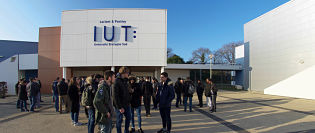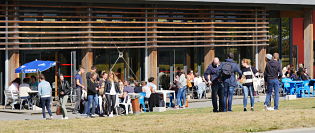Our innovation ecosystems
Our innovation ecosystems
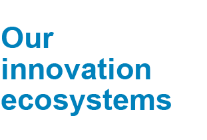
Strategy
'Sea & coast'
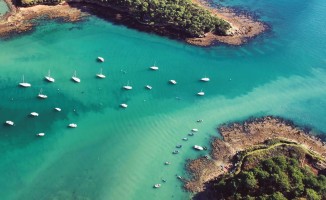 This ecosystem serves to extend the 2019 launch of the 'Institut citoyen d’études maritimes & littorales' ('Citizens' Institute of Maritime and Coastal Studies'), also known as 'Archipel', as well as several other initiatives involving UBS's participation in the Pôle Mer and labex MER ISblue clusters, the 'France Énergies Marines' Institute of Energy Transition, the Marine Universities network and the Campus Mondial de la Mer Bretagne Atlantique.
This ecosystem serves to extend the 2019 launch of the 'Institut citoyen d’études maritimes & littorales' ('Citizens' Institute of Maritime and Coastal Studies'), also known as 'Archipel', as well as several other initiatives involving UBS's participation in the Pôle Mer and labex MER ISblue clusters, the 'France Énergies Marines' Institute of Energy Transition, the Marine Universities network and the Campus Mondial de la Mer Bretagne Atlantique.
'Cyber and data intelligence'
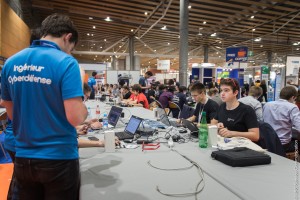 The aim of these technologies is to improve the general behaviour of a structure in order to boost growth and adaptability. The capacity of companies, councils and associations to accumulate, stock, interpret and safeguard data over time contributes to their capacity to innovate in order to adapt.
The aim of these technologies is to improve the general behaviour of a structure in order to boost growth and adaptability. The capacity of companies, councils and associations to accumulate, stock, interpret and safeguard data over time contributes to their capacity to innovate in order to adapt.
As such, artificial intelligence is deemed to be the set of technologies aimed at using computerised systems to carry out cognitive tasks traditionally done by humans. This technology, currently a core issue in the discussions on social transformation, is set to bring about changes in most professions and organisations.
This development will effectively mean that many tasks can be automated. The digitalisation of our societies has led to an explosion in ransomware cyber-attacks on our hospitals, social media and companies. Training and research programmes continue to build new defences as and when cybersecurity professionals detect new threats and pinpoint new ways of combating them.
'Industry of the future'
 This ecosystem was created as part of the Université Bretagne Sud's ongoing Industry of the Future State-Region Planning Contract. It aims to: coordinate scientific and pedagogical actions; enhance nationwide visibility of activities dedicated to industry 4.0; and forge more bonds with companies on this subject.
This ecosystem was created as part of the Université Bretagne Sud's ongoing Industry of the Future State-Region Planning Contract. It aims to: coordinate scientific and pedagogical actions; enhance nationwide visibility of activities dedicated to industry 4.0; and forge more bonds with companies on this subject.
'Environment, health and handicap'
This ecosystem was created as part of the Université Bretagne Sud's (UBS) ongoing Bio-Alternative State-Region Planning Contract and the Lorient metropolitan area's Handicap Innovation Territory project. This innovation ecosystem aims to: coordinate scientific and pedagogical actions; enhance nationwide visibility of the University's activities in the field of health; and forge more bonds with companies across the territory.


